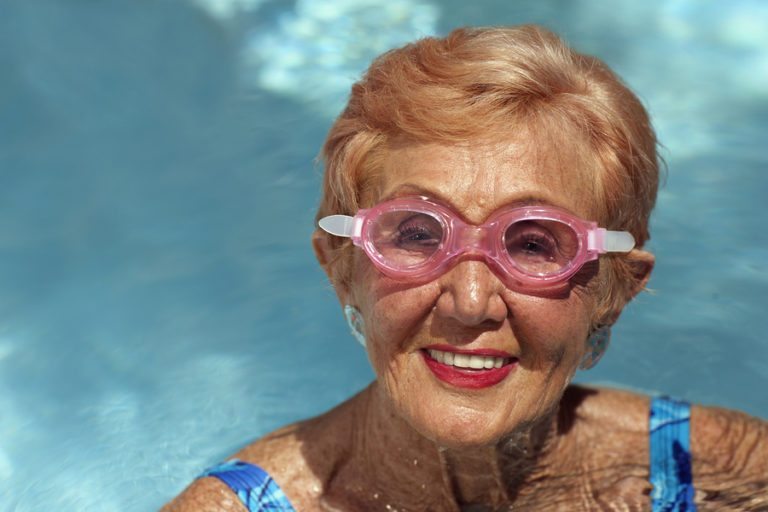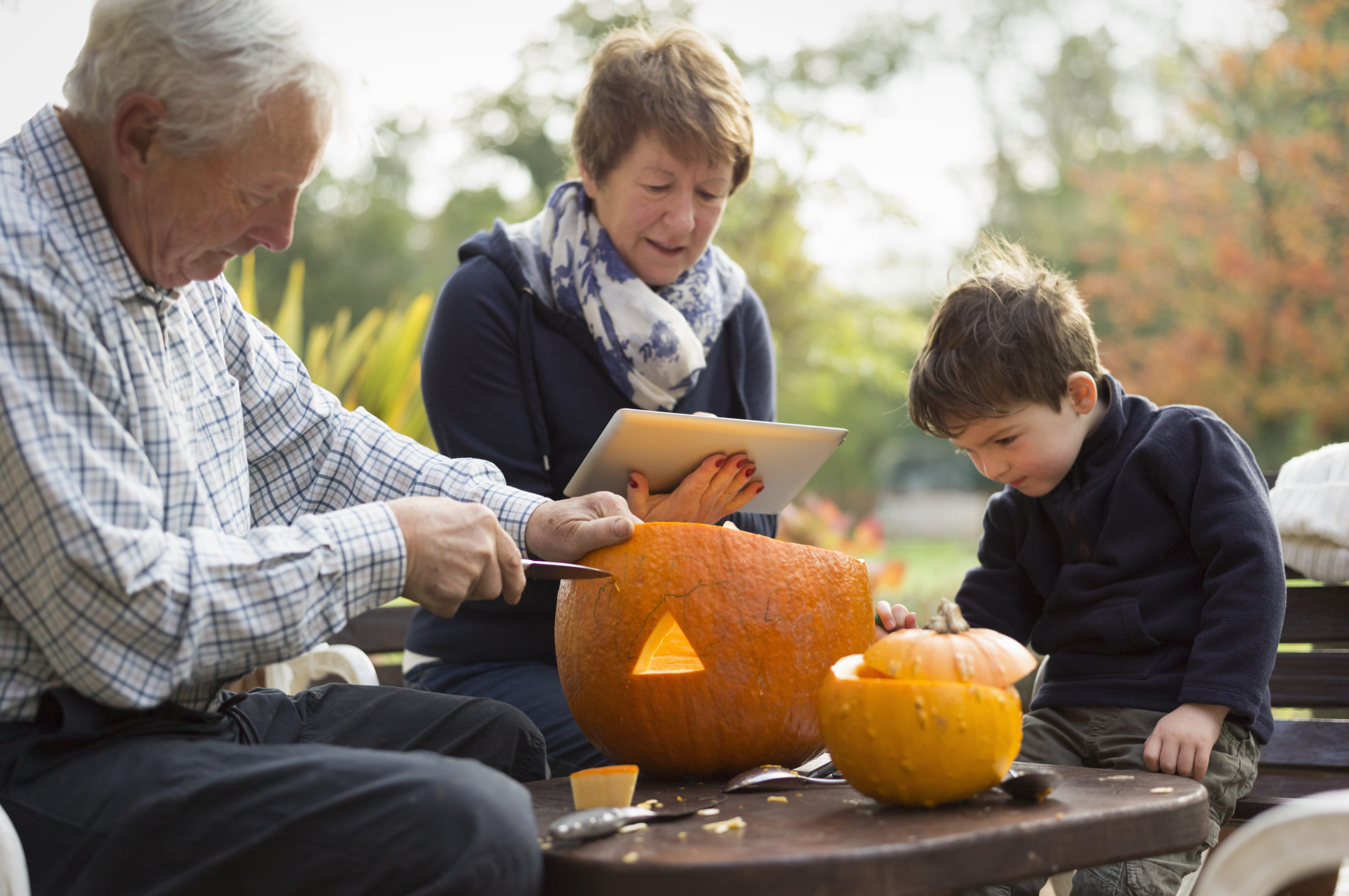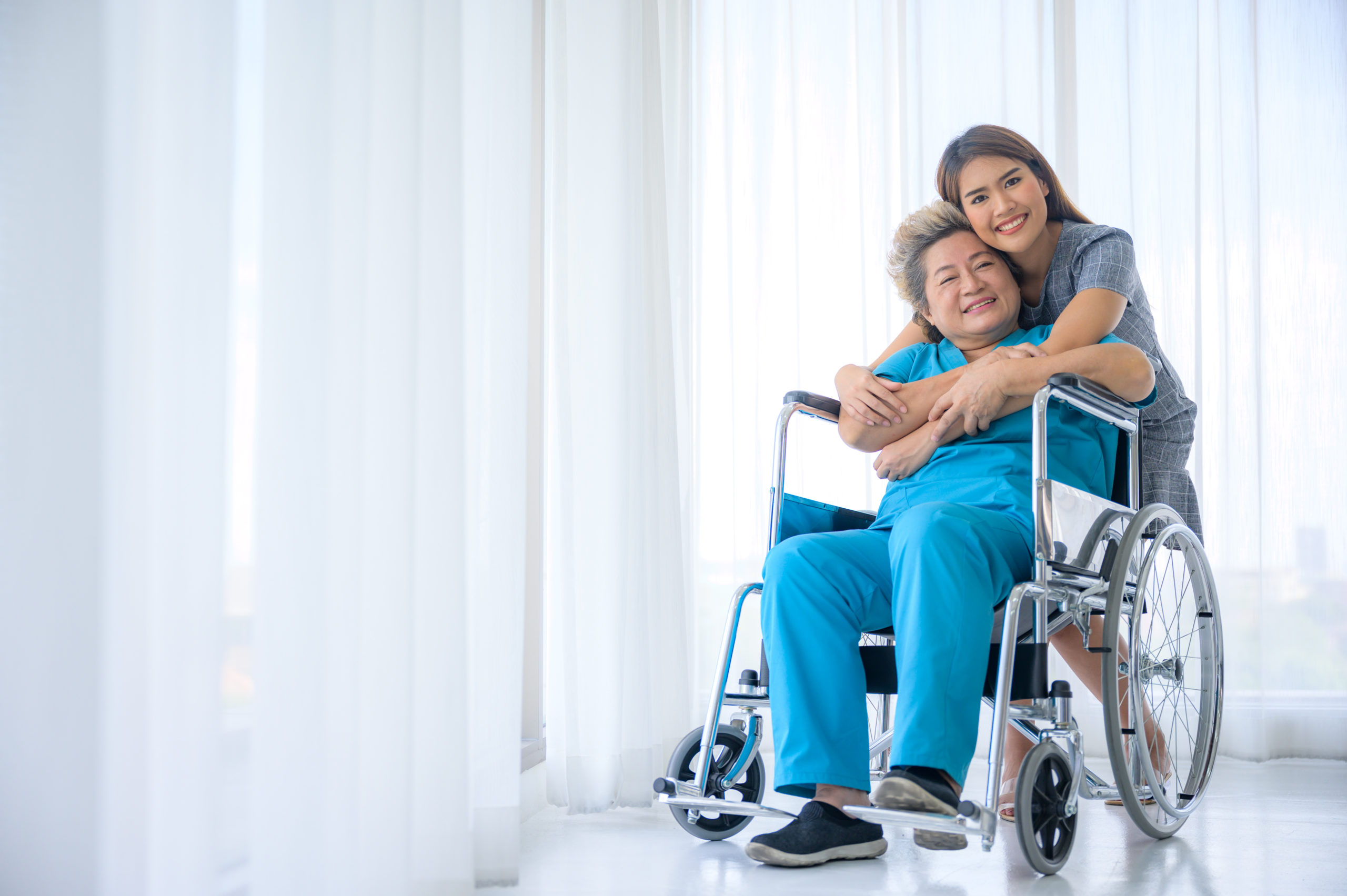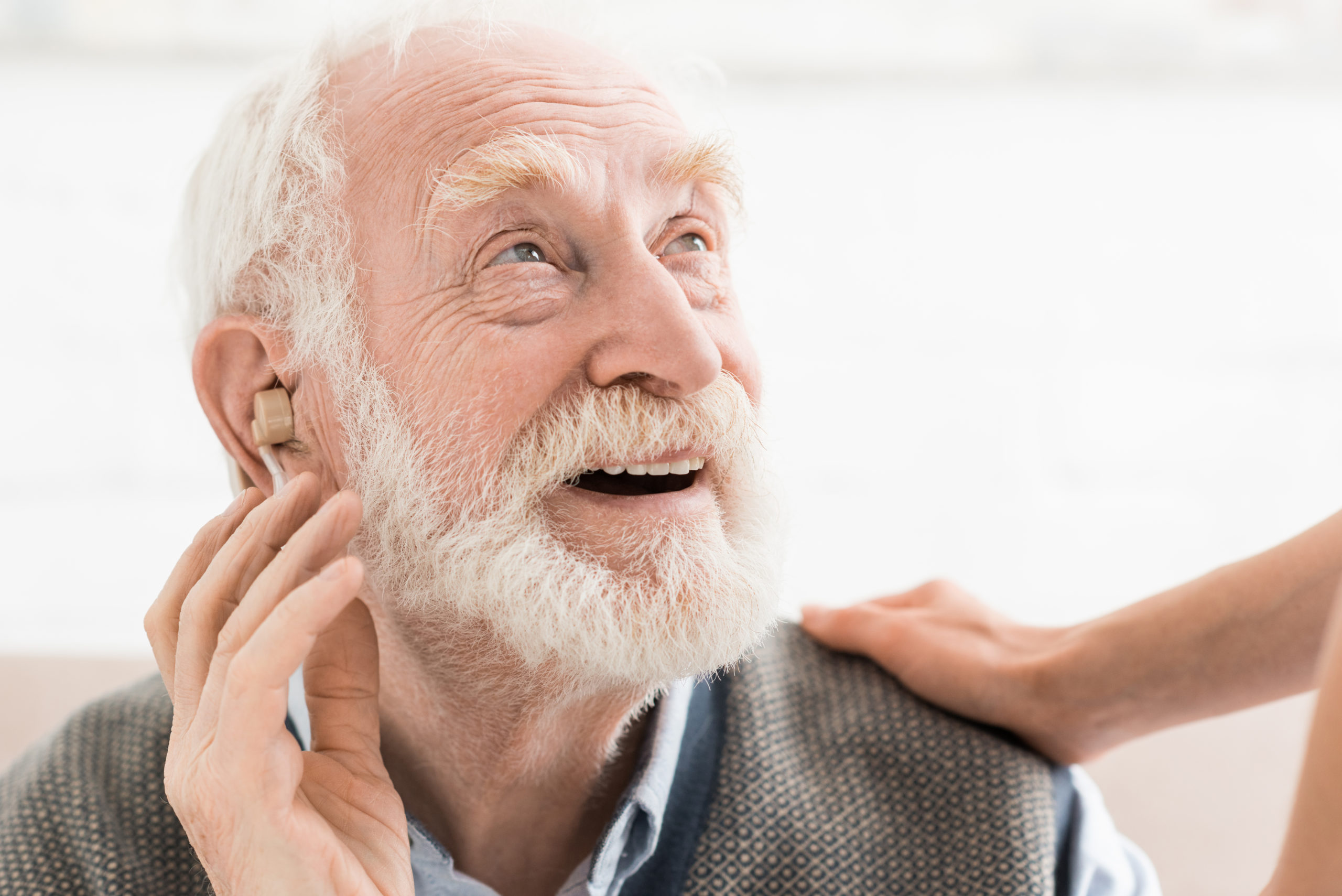If you are like many family caregivers, you look forward to the warm weather for its opportunities to get out of the house and enjoy activities with your aging parent. Many of these activities involve water, such as swimming or boating. Understanding of the risks associated with activities is an important step in protecting your parent so that they can have fun in a safe and healthy way.
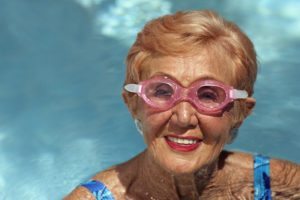
When thinking about water activities, the risk you are most likely to think about first is drowning. If your aging parent is not a strong swimmer, they have mobility issues, or they are living with cognitive functioning decline, you may be concerned about drowning while they’re in the water.
Many people then believe the risk for drowning ends when the person gets out of the water. This is not necessarily the case. There are rare conditions referred to as dry and secondary drowning when a person that can experience serious physical consequences, including the potential for death, up to 24 hours after getting out of the water.
“Dry drowning” refers to a condition in which inhaling water causes the muscles in the throat and respiratory system to spasm. This can then lead to the airways closing up, making it difficult for the person to breathe. The difficulty breathing generally occurs soon after a person inhales water, such as falling into water, being “dunked”, or being hit in the face by water.
“Secondary drowning” is a similar, but separate condition. In this incident, a person inhales water through their nose or mouth, which then moves into the lungs. The water that gets into the lungs then causes inflammation which can lead to serious effects, including the potential for death. While it can occur quickly after the near-drowning incident, symptoms can also occur several hours following the inhalation. It is very important to pay close attention to anyone who has inhaled water, and reach out to emergency medical assistance if they show signs of secondary or dry drowning.
Starting elderly care for your aging parent can be a great way to enrich their quality of life, and help them to reach a fulfilling lifestyle as they age. These highly personalized services of an elderly care services provider are customized to your parent’s individual needs, challenges, and limitations.
This elderly care provider will also keep in mind your parent’s personality, preferences, and goals as they create a care plan that is individualized, respectful, and designed to encourage independence, activity, and health. Some of the services an elderly home care services provider can do for your elderly parent includes safe and reliable transportation, medication reminders to keep them compliant, meal preparation, assistance with activities of daily living, personal support, companionship, and much more.
Source: http://www.osteopathic.org/osteopathic-health/about-your-health/health-conditions-library/childrens-health/Pages/secondary-drowning.aspx

